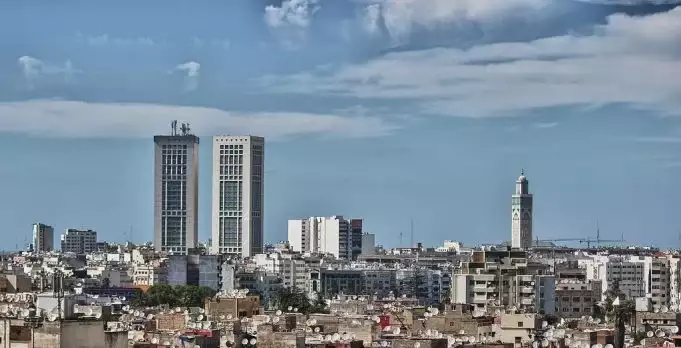

Last updated on September 11th, 2021 at 03:04 pm
Rabat – Rand Merchant Bank (RMB) has named Morocco the second most attractive country for investment in Africa, emerging stronger than South Africa and second only to Egypt in the bank’s 2019 index.
The index, “Where to Invest in Africa,” aims to provide easily digestible data and analysis to firms considering investing in Africa. The index also points out new opportunities to those already vested in the continent.
RMB determines its ranking by assessing each African economy’s investment potential. The first section of the index, the RMB Investment Attractiveness Rankings, does this by overlaying macroeconomic fundamentals with the practicalities of doing business on the continent.
As Africa’s fifth-largest market, and with an expected growth rate of 4% over the medium term, Morocco is an attractive destination for investors.
RMB notes Morocco’s well-developed operating environment, its reintegration into the AU, and its strong presence in the Economic Community of West African States (ECOWAS) as factors that have enhanced the country’s investment appeal.
“Aspects like simplifying the process of registering a business, improving electronic submissions and processing of export documents, as well as increasing the efficiency of the customs service, have helped Morocco move into second place,” the index explains.
Morocco’s only investment risks are its dependence on Europe through tourism, foreign direct investment (FDI) and remittance inflows. However, the index noted no immediate threats to Morocco’s position in RMB’s rankings.
Morocco landed the top spot in an alternative ranking that primarily assesses a country’s operating environment, or how easy it is to do business in a given country. This is determined by factors such as the presence of clients and suppliers; competition; technology; laws and government activities; as well as market, social, and economic trends.
“The operating environment is a vital component of an investment case as it balances the quantitative macroeconomic view with the practicalities of doing business.”
According to the WEF’s latest Africa Competitiveness Report, the most problematic factors for doing business on the continent are access to financing, corruption, tax rates, inefficient government bureaucracy, and inadequate supply of infrastructure.
The WEF’s Regional Risks for Doing Business Report focuses on Africa’s vulnerability to economic challenges. These challenges include unemployment or underemployment, failure of national governance, energy price shock, failure of critical infrastructure, fiscal crises, failure of financial mechanism or institutions, failure of regional and global governance, water crises, food crises, and unmanageable inflation.
Disaster teams in KwaZulu-Natal stand ready to respond to persistent rainfall while drivers should approach roads with care. According to…
Starlink the satellite internet company by Elon Musk is growing fast in Africa. It now works in more than 20…
Chinese production companies directly offer their luxury products at wholesale rates online because they were created for luxury retailers. Social…
Cricket South Africa reveals a new ODI squad for 2023 competitions as Proteas women's team and presents fresh players alongside…
African content is getting more attention around the world. While Nigerian films (Nollywood) are already well-known, East Africa—especially Kenya—is starting…
During seven intensive training days, the South Sudan Football Association educated its referees in Rumbek. The organization (SSFA) trained 30…
This website uses cookies.